R-GPT - R Programming Expertise
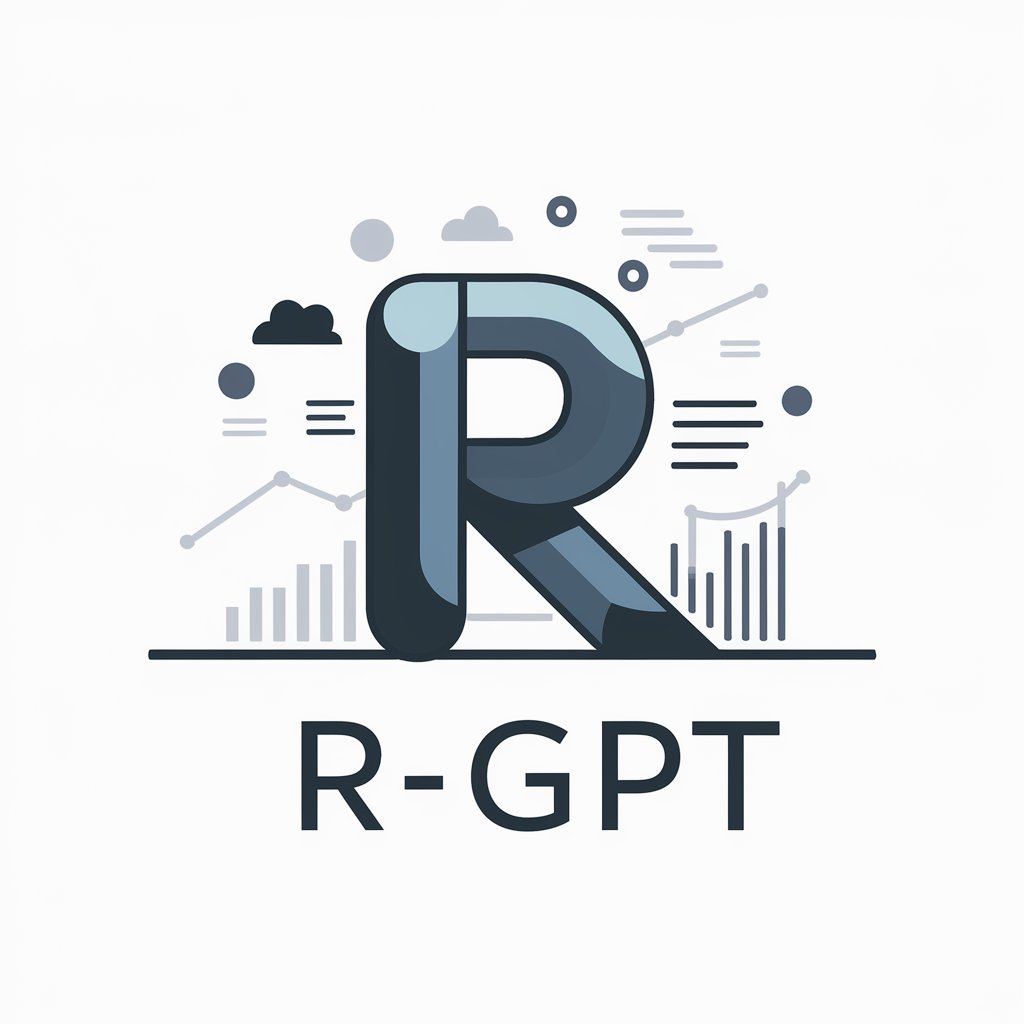
Welcome to R-GPT, your expert for R programming and data analysis!
Empowering your R journey with AI
How can I use ggplot2 to visualize my dataset?
What are the best practices for data cleaning in R?
Can you help me debug this R code for my analysis?
Which R packages are essential for statistical modeling?
Get Embed Code
Overview of R-GPT
R-GPT is a specialized version of ChatGPT, focused exclusively on R programming, particularly in the fields of data analysis and statistics. Its design purpose is to offer in-depth expertise in R and its ecosystem, assisting users in writing, debugging, and optimizing R code. It also guides on the usage of R packages essential for data analysis and visualization, such as Tidyverse and ggplot2. R-GPT is crafted to communicate clearly and professionally, providing well-commented and formatted R code examples relevant to the user's queries. This specialized model is an invaluable tool for anyone looking to leverage the power of R for data-driven insights, offering tailored support that ranges from basic syntax to complex data manipulation and visualization techniques. Powered by ChatGPT-4o。

Key Functions of R-GPT
Code Writing and Debugging
Example
Assisting in developing scripts to perform data cleaning, manipulation, and analysis using dplyr and tidyr from the Tidyverse package.
Scenario
A user is struggling with data wrangling tasks, such as transforming wide data to long format for analysis. R-GPT can provide example code and explanations to simplify the process.
Statistical Analysis Guidance
Example
Offering step-by-step guidance on performing statistical tests (e.g., t-tests, ANOVA) and interpreting their results.
Scenario
A graduate student needs to analyze their experimental data to compare means across multiple groups. R-GPT can suggest appropriate statistical tests and how to implement them in R.
Data Visualization Support
Example
Creating compelling visualizations using ggplot2, including customizing plots with themes, labels, and colors for better data presentation.
Scenario
A data analyst wishes to present their findings in a visually appealing way. R-GPT can guide them through the process of creating customized plots that effectively communicate their data insights.
Who Can Benefit from R-GPT?
Data Science Students and Educators
This group benefits from R-GPT by gaining a deeper understanding of statistical concepts and R programming techniques, enhancing both learning and teaching experiences with real-time, example-driven assistance.
Data Analysts and Researchers
Professionals in data-intensive fields who require assistance in analyzing large datasets, performing statistical tests, and visualizing data insights can leverage R-GPT's expertise to streamline their workflows and enhance the quality of their analyses.
R Programming Beginners
Individuals new to R programming can find R-GPT a valuable resource for learning the language, understanding data analysis fundamentals, and quickly overcoming common challenges through guided examples and explanations.

How to Use R-GPT
1
Access R-GPT for free at yeschat.ai, with no need for registration or a ChatGPT Plus subscription.
2
Familiarize yourself with R programming basics, as R-GPT specializes in R-related queries, including data analysis and visualization.
3
Prepare your questions or code snippets related to R that you need help with. This could range from debugging to optimization or understanding specific packages.
4
Interact with R-GPT by typing your queries. Be as specific as possible to get the most accurate and helpful responses.
5
Use the examples and solutions provided by R-GPT to enhance your R projects. R-GPT can guide you through complex analyses, data visualization, and statistical modeling.
Try other advanced and practical GPTs
R
Empower your business with AI-driven automation.
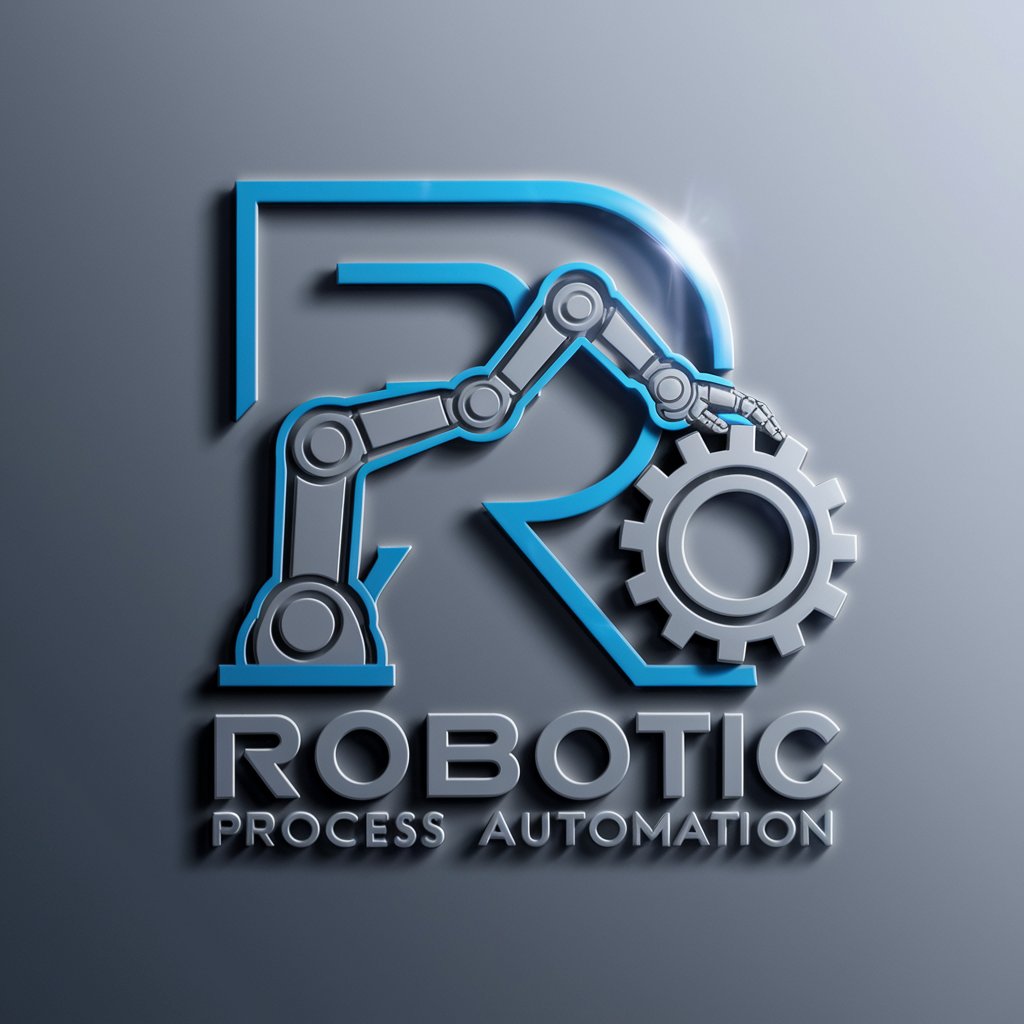
Links Scrapper RSS News
Effortlessly extract RSS news links with AI

RSS Briefing Bot
Personalize News with AI-Powered Briefings
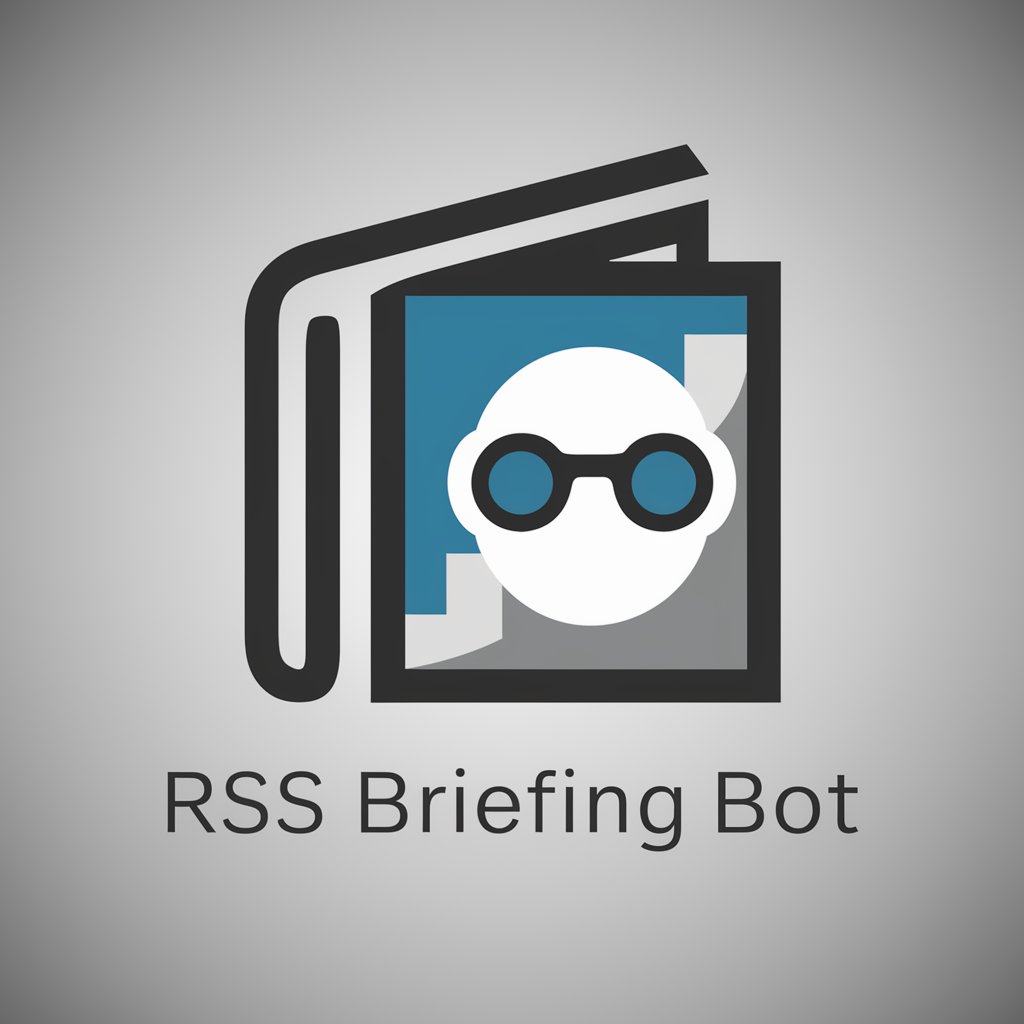
RSS Recommender
Discover Content That Matters, Powered by AI
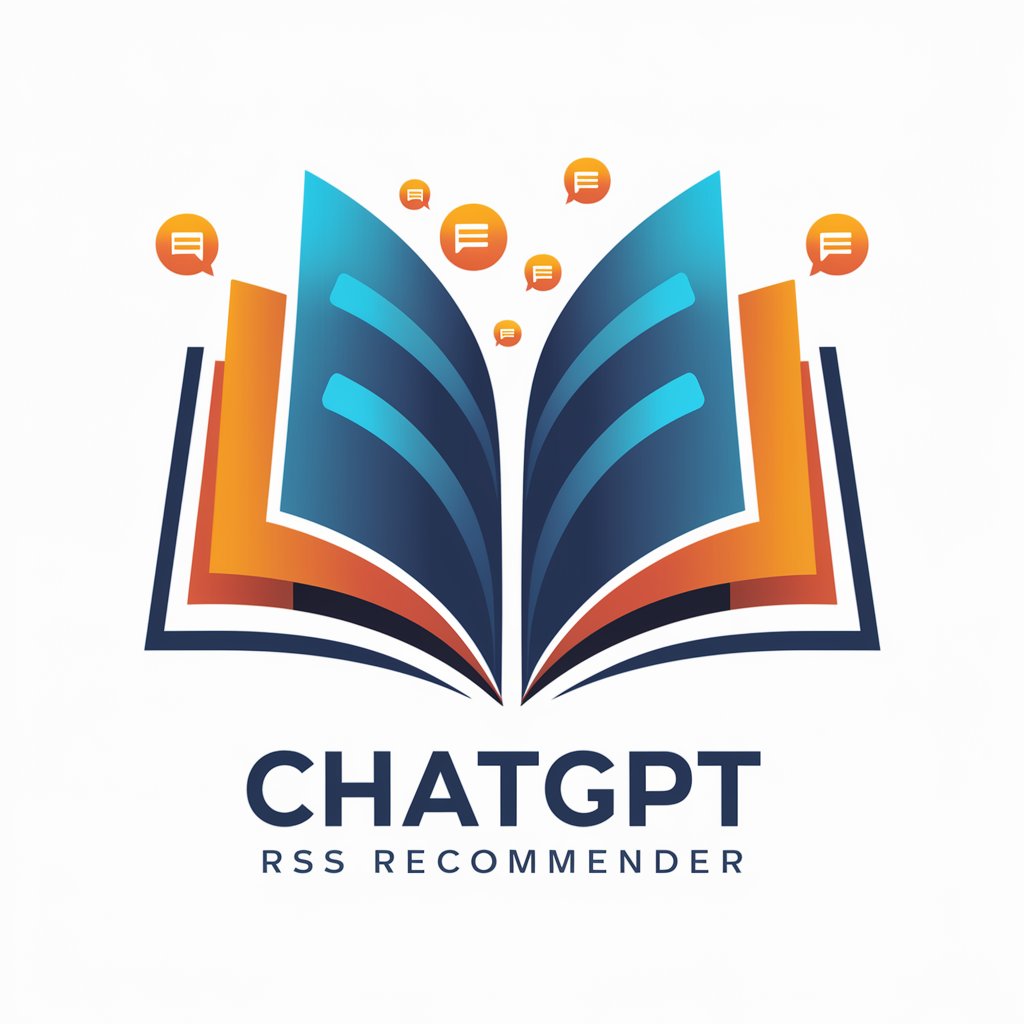
RSS Feed Alchemist
Crafting Engaging Feeds with AI
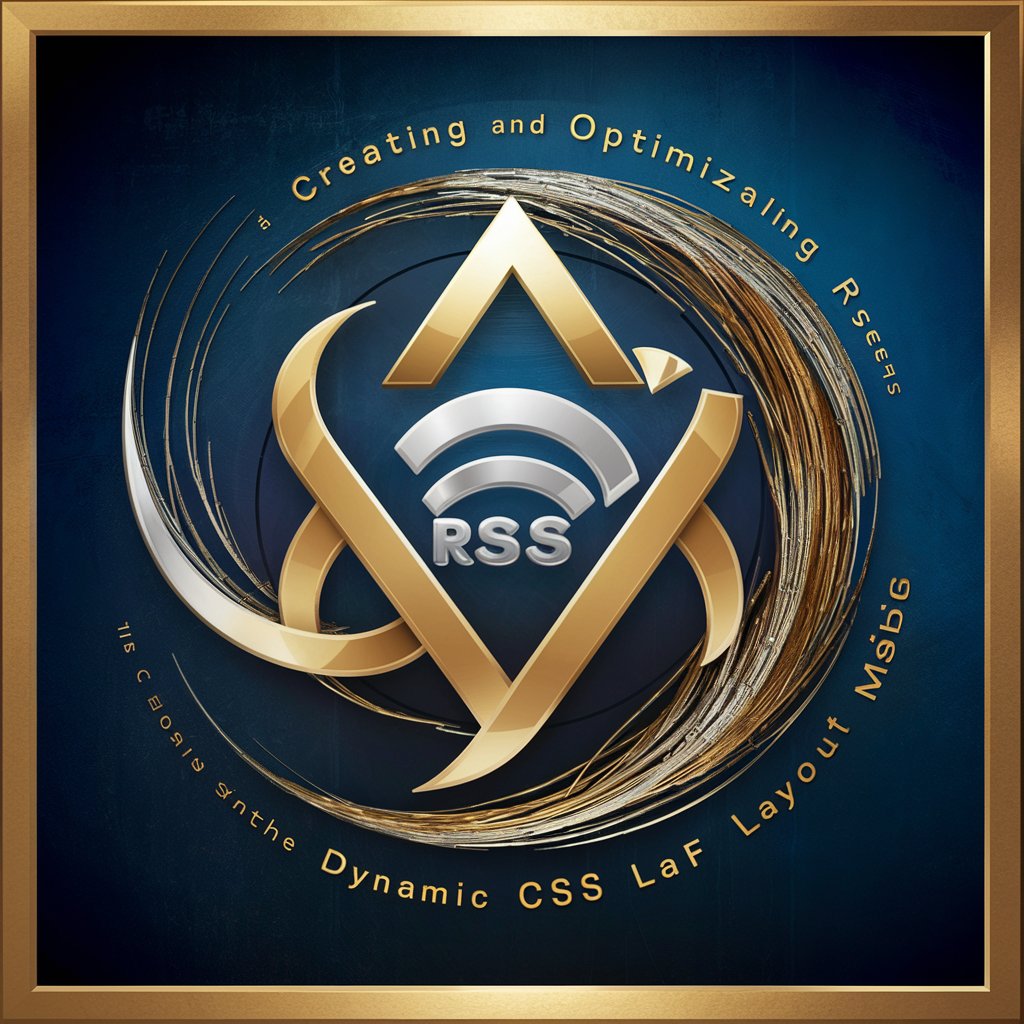
RSS链接生成专家
AI-driven RSS Feeds for Any Website
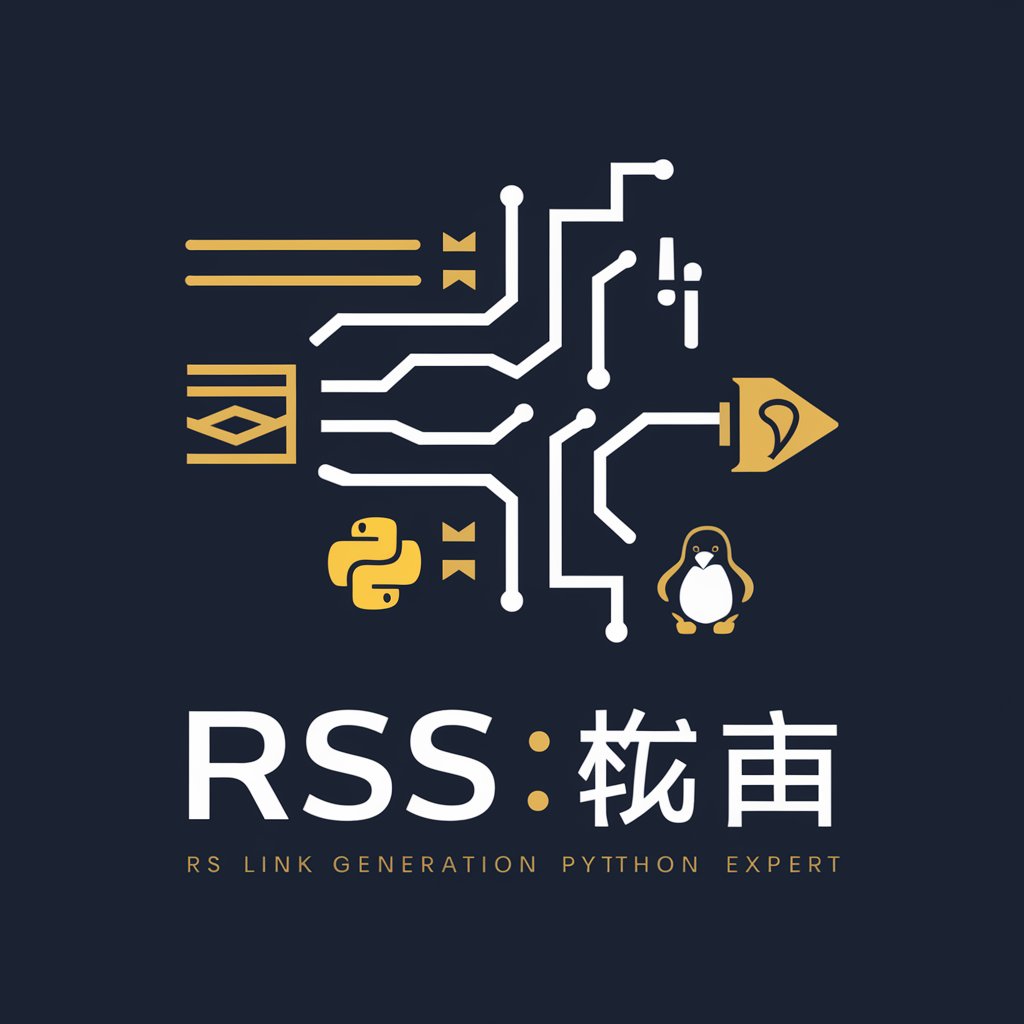
R Wizard
Empowering R Programming with AI
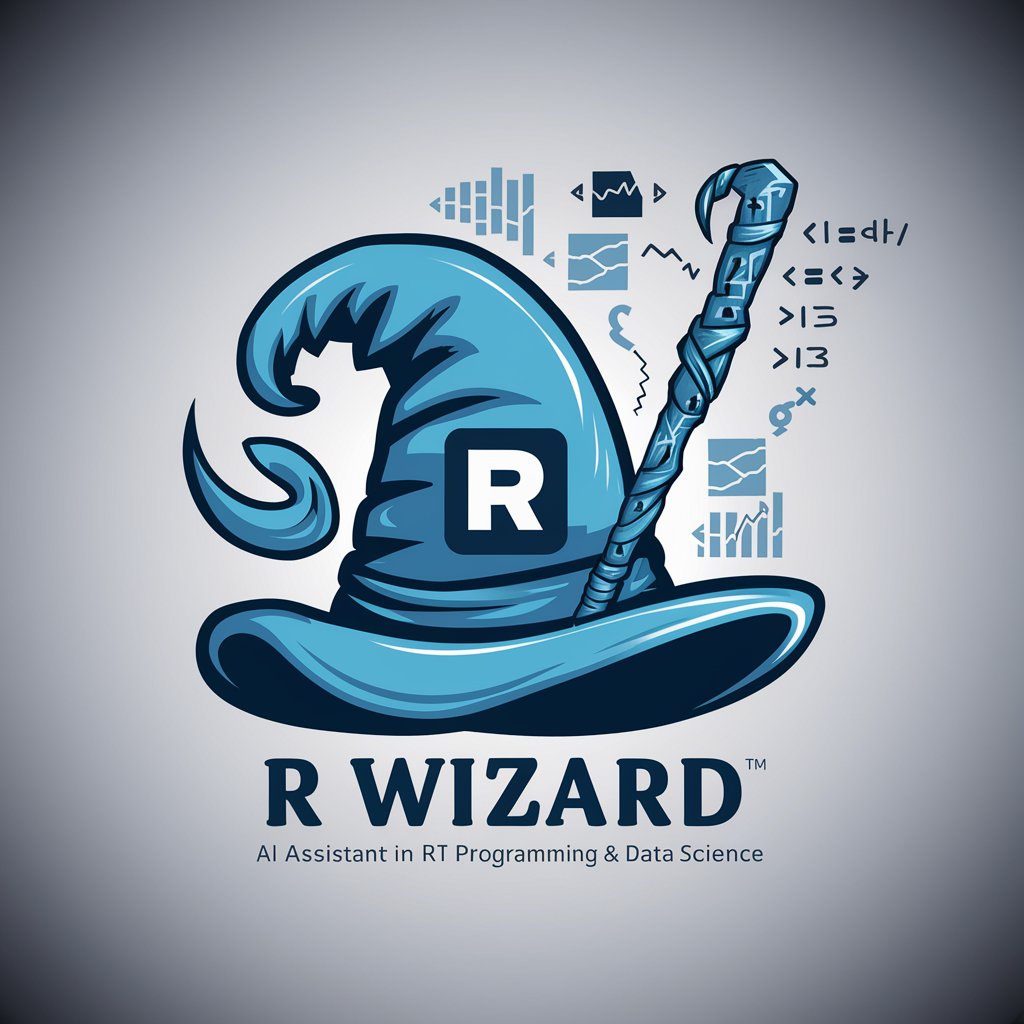
Why Bot
Deepen Thoughts with AI-Powered Inquiry
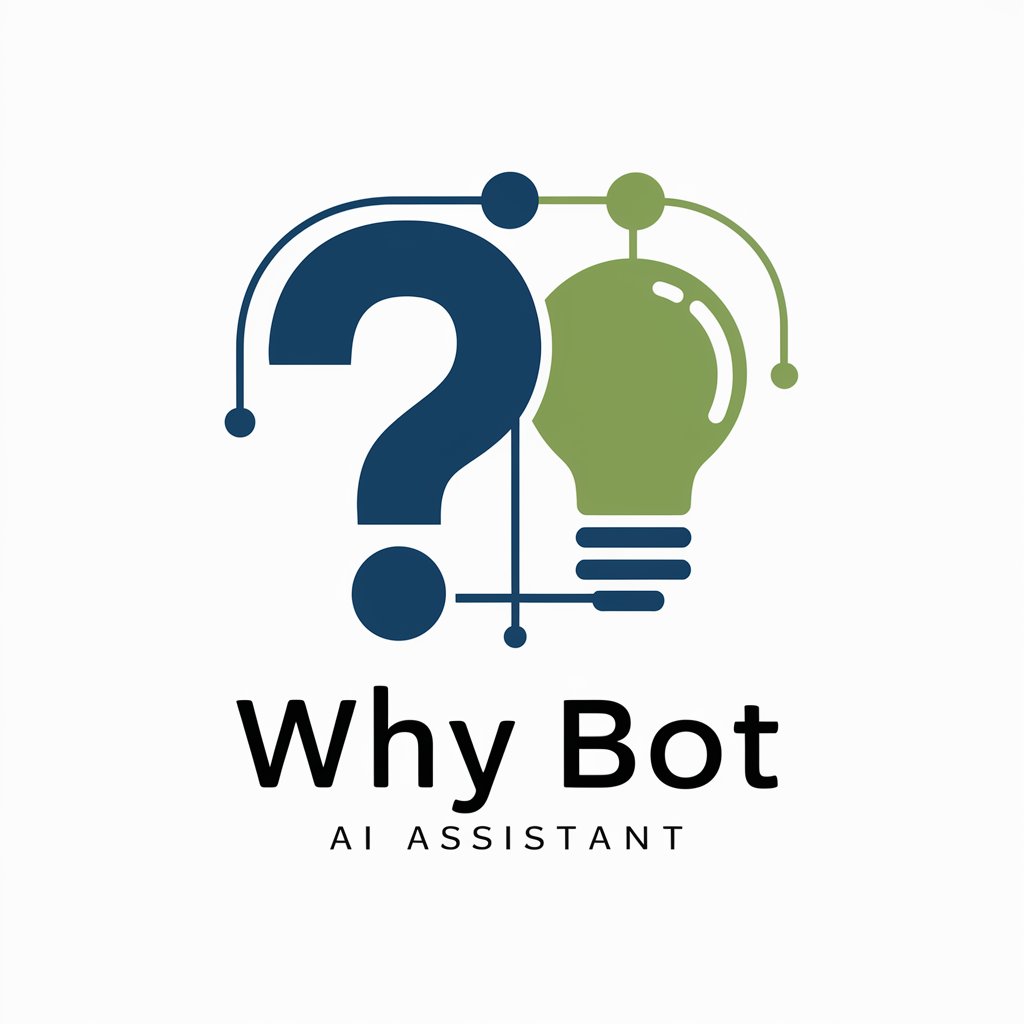
Connections Puzzle Assembly Bot Bot Bot
Crafting connections with AI-powered puzzles.
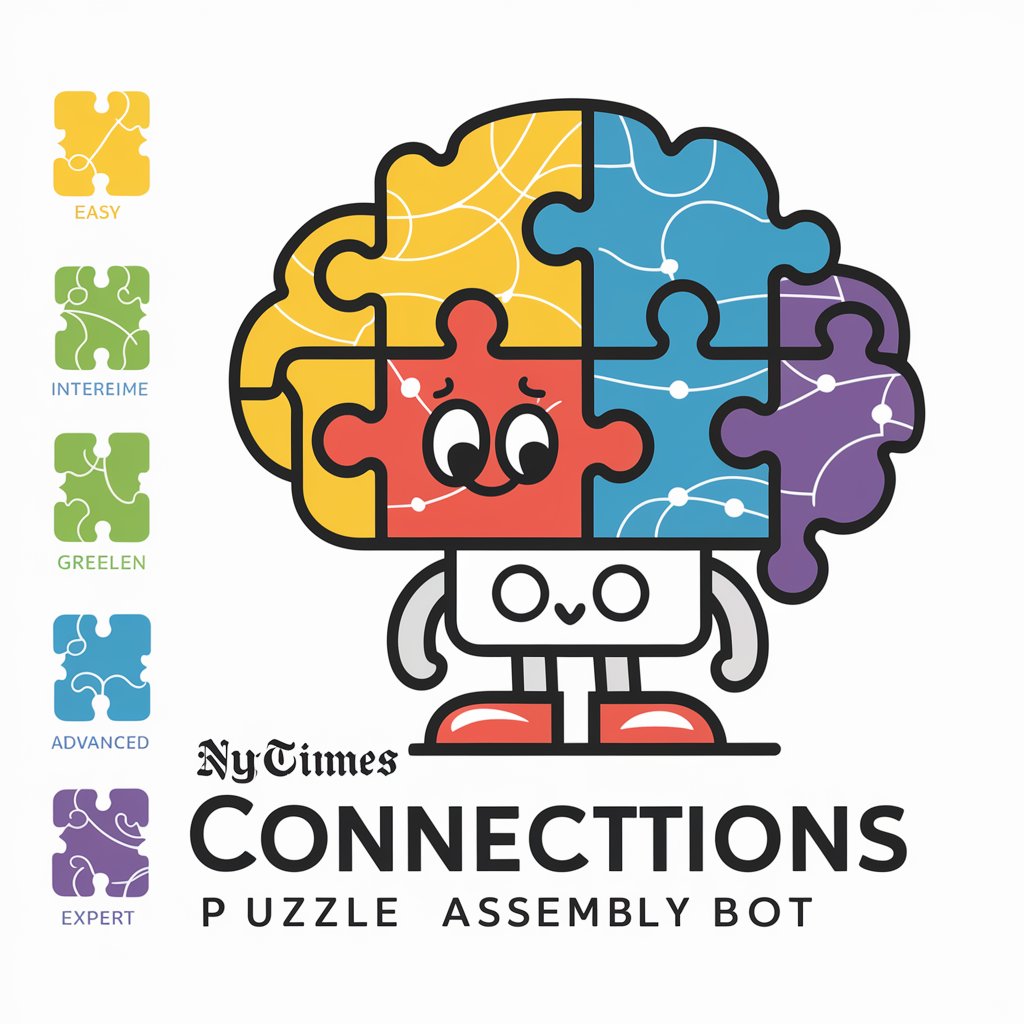
KUKA Bot Class
Empowering Robotics Learning with AI

Brief Bot
Direct answers powered by AI
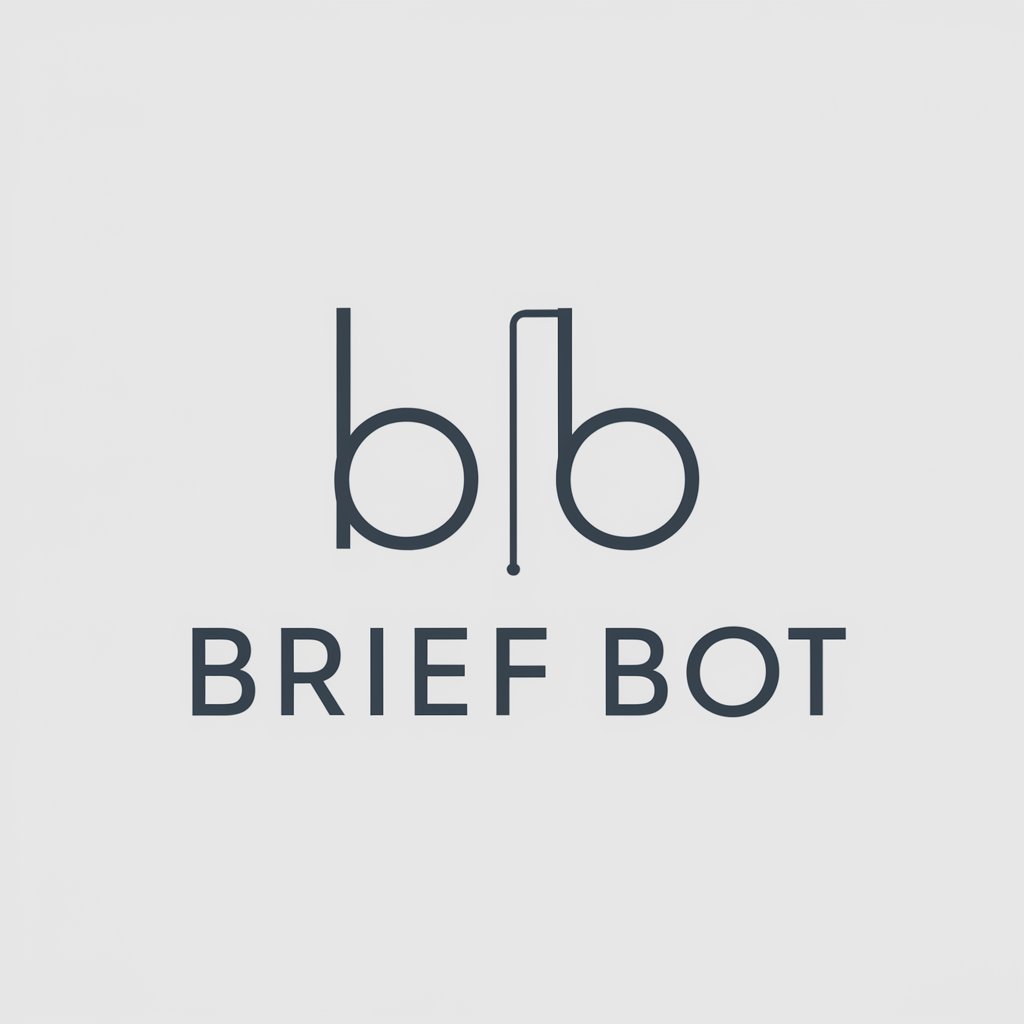
B&B
Bridging Cultures with AI-Powered Translation

Frequently Asked Questions about R-GPT
What is R-GPT specialized in?
R-GPT specializes in R programming, focusing on data analysis, statistics, and visualization using R. It provides assistance in writing, debugging, and optimizing R code, along with guidance on R package usage.
Can R-GPT help beginners in R?
Yes, R-GPT is designed to assist users at all levels, including beginners. It can help with basic R syntax, understanding data structures, and performing simple data manipulations and visualizations.
How can R-GPT assist in data analysis?
R-GPT can guide users through the data analysis process in R, from data preparation and cleaning to advanced statistical analysis and interpretation of results, utilizing packages like dplyr, tidyr, and ggplot2.
Is R-GPT capable of providing real-time coding assistance?
While R-GPT doesn't execute code in real-time, it can provide code snippets, examples, and detailed explanations on how to solve specific problems or implement functionality in R.
Can R-GPT suggest the best R packages for a task?
Yes, based on the task description and requirements, R-GPT can recommend the most suitable R packages and explain how to use them effectively for tasks like data visualization, statistical modeling, or machine learning.
